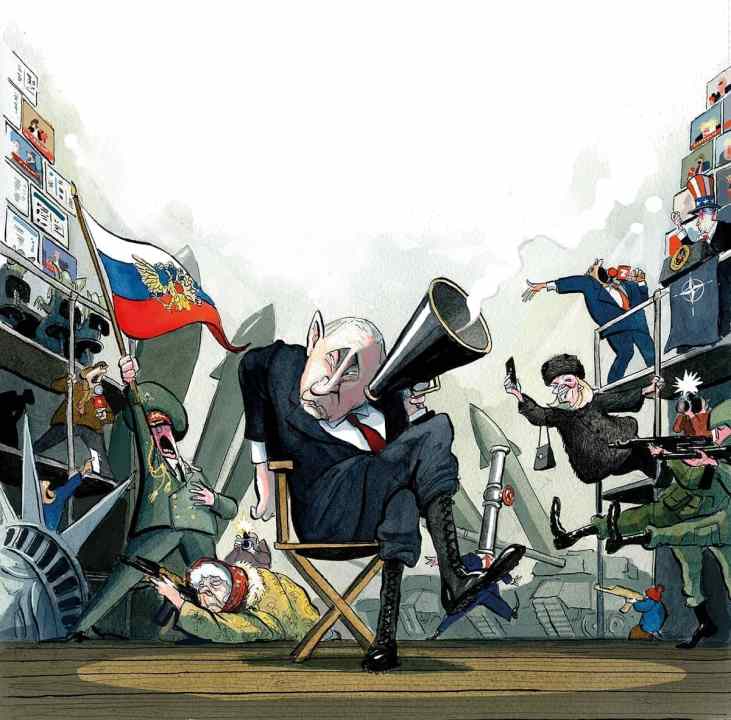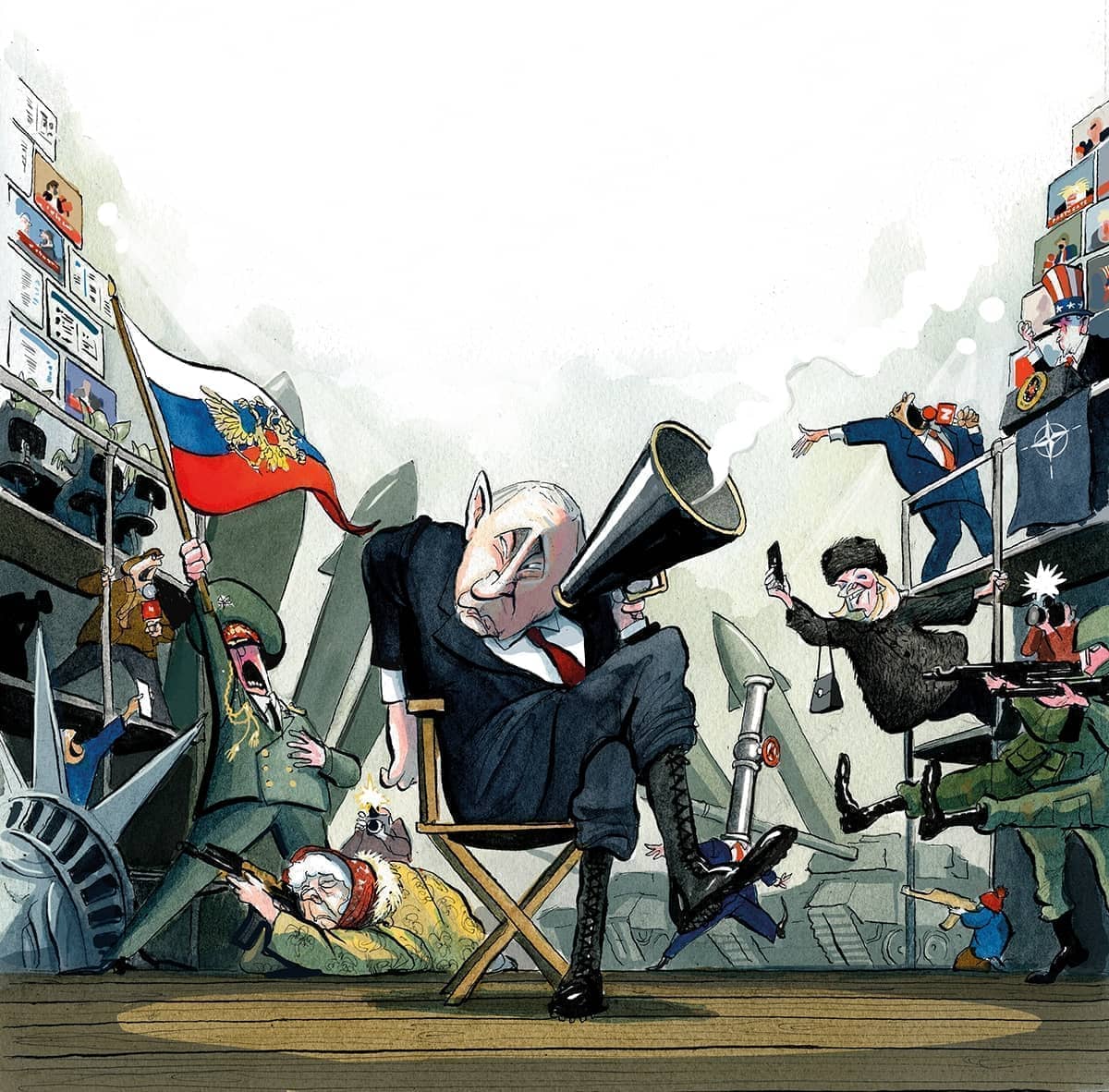In a private letter written in 1918, the recently deposed German chancellor Theobald von Bethmann-Hollweg admitted that in the run-up to the Great War, ‘there were special circumstances that militated in favour of war, including those in which Germany in 1870-71 entered the circle of great powers’ and became ‘the object of vengeful envy on the part of the other Great Powers, largely though not entirely by her own fault’.
Yet Bethmann saw another crucial factor at work: that of public opinion.’How else,’ he asked,'[to] explain the senseless and impassioned zeal which allowed countries like Italy, Rumania, and even America, not originally involved in the war, no rest until they too had immersed themselves in the bloodbath? Surely this is the immediate, tangible expression of a general disposition toward war in the world’.
The Austrian writer Stefan Zweig got a taste of the war fever gripping France in the spring of 1914 while sitting in a movie theatre in Tours.

Get Britain's best politics newsletters
Register to get The Spectator's insight and opinion straight to your inbox. You can then read two free articles each week.
Already a subscriber? Log in







Comments
Join the debate for just £1 a month
Be part of the conversation with other Spectator readers by getting your first three months for £3.
UNLOCK ACCESS Just £1 a monthAlready a subscriber? Log in